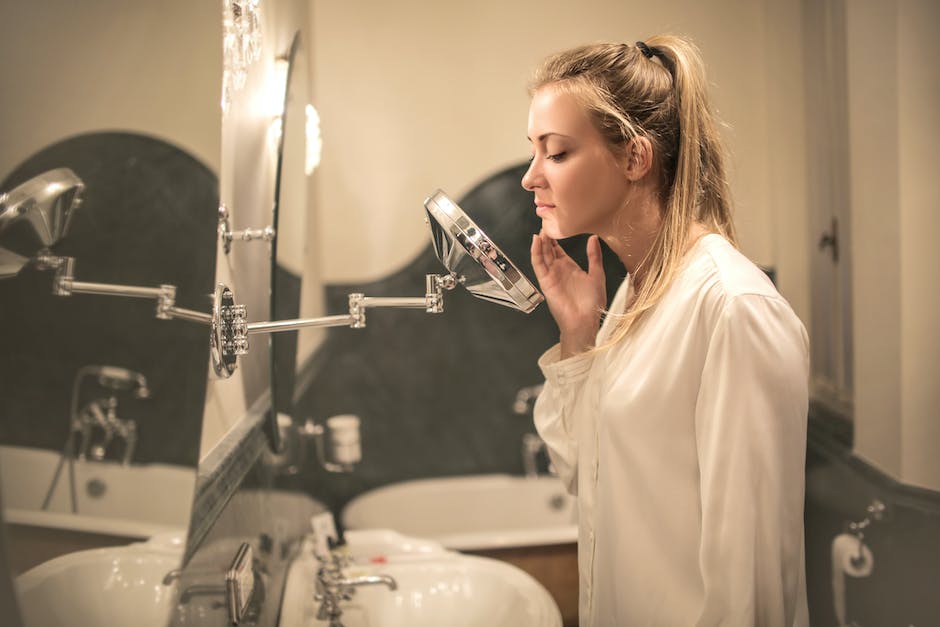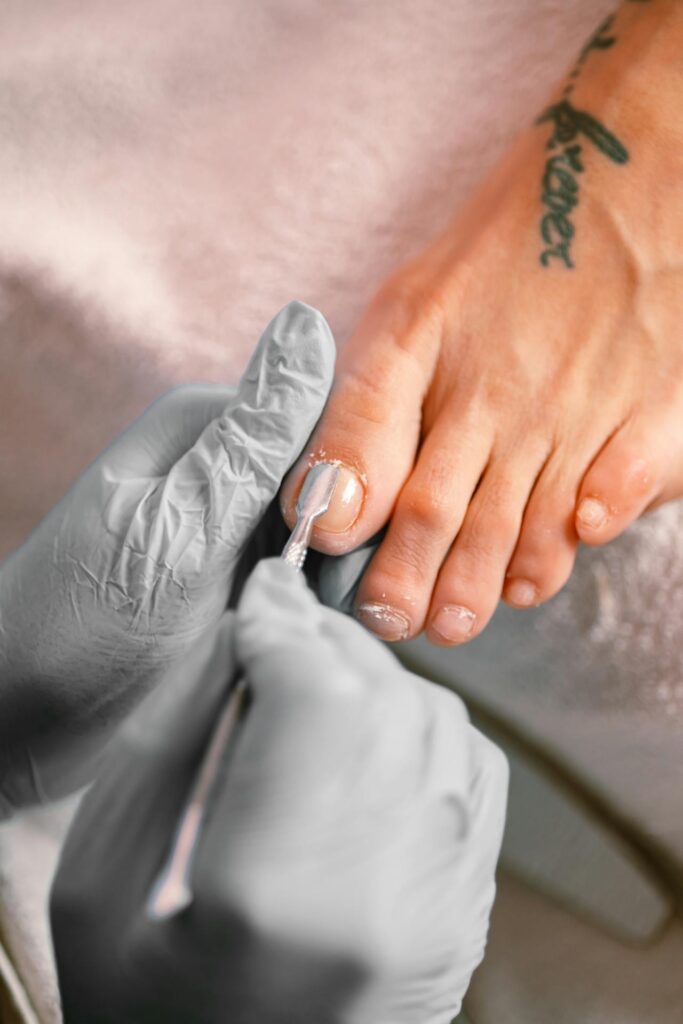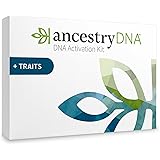Acne is a common skin condition that affects millions of people worldwide. It can be frustrating and embarrassing, but the good news is that there are natural remedies that can help you get rid of acne. These remedies are not only effective but also safe and gentle on your skin. In this article, we will explore some of the best natural remedies for acne.
One of the most popular natural remedies for acne is tea tree oil. Tea tree oil has powerful antibacterial properties that can help kill the bacteria that cause acne. It also has anti-inflammatory properties that can reduce redness and swelling. To use tea tree oil, simply dilute it with a carrier oil, such as coconut oil, and apply it to the affected areas of your skin. You can also find skincare products that contain tea tree oil.
Another natural remedy for acne is apple cider vinegar. Apple cider vinegar has antimicrobial properties that can help kill the bacteria that cause acne. It also has astringent properties that can help tighten your pores and reduce oiliness. To use apple cider vinegar, mix equal parts of it with water and apply it to your skin using a cotton ball. Leave it on for a few minutes before rinsing it off. Be sure to dilute the apple cider vinegar, as using it undiluted can cause skin irritation.
Aloe vera is another natural remedy that can help you get rid of acne. Aloe vera has soothing and anti-inflammatory properties that can reduce redness and inflammation. It also has antimicrobial properties that can help kill the bacteria that cause acne. To use aloe vera, simply extract the gel from an aloe vera leaf and apply it to your skin. Leave it on for about 10-15 minutes before rinsing it off. You can also find skincare products that contain aloe vera.
Green tea is not only a healthy beverage but also a great natural remedy for acne. Green tea contains antioxidants that can help reduce inflammation and fight bacteria. It also contains tannins that can help tighten your pores and reduce oiliness. To use green tea, brew a cup of it and let it cool down. Then, apply it to your skin using a cotton ball or spray bottle. You can also find skincare products that contain green tea extract.
Lastly, honey is a natural remedy that can help you get rid of acne. Honey has antibacterial properties that can help kill the bacteria that cause acne. It also has anti-inflammatory properties that can reduce redness and swelling. To use honey, simply apply a thin layer of it to your skin and leave it on for about 15-20 minutes before rinsing it off. You can also mix honey with other natural ingredients, such as cinnamon or turmeric, for added benefits.
In conclusion, natural remedies can be effective in treating acne without the harsh side effects of some commercial products. Tea tree oil, apple cider vinegar, aloe vera, green tea, and honey are just a few examples of natural remedies that can help you get rid of acne. Remember to be consistent with your skincare routine and give these remedies some time to work. If your acne persists or worsens, it is always a good idea to consult a dermatologist for further guidance.
Effective skincare routines for acne-prone skin

Acne is a common skin condition that affects millions of people worldwide. It can be frustrating and embarrassing, but the good news is that there are effective skincare routines that can help manage and even get rid of acne. In this article, we will explore some of the best ways to take care of acne-prone skin.
One of the most important steps in an effective skincare routine for acne-prone skin is cleansing. It is crucial to cleanse your face twice a day, using a gentle cleanser that is specifically formulated for acne-prone skin. Look for products that contain ingredients like salicylic acid or benzoyl peroxide, as these can help unclog pores and reduce inflammation. Be sure to avoid harsh scrubbing or using hot water, as this can irritate the skin and make acne worse.
After cleansing, it is important to use a toner. Toners can help remove any remaining dirt or oil from the skin, and they can also help balance the skin’s pH levels. Look for toners that are alcohol-free and contain ingredients like witch hazel or tea tree oil, as these can help reduce inflammation and kill bacteria.
Next, it is time to moisturize. Many people with acne-prone skin mistakenly believe that they should skip moisturizer, fearing that it will make their skin more oily and lead to more breakouts. However, this is not true. In fact, moisturizing is essential for all skin types, including acne-prone skin. Look for oil-free or non-comedogenic moisturizers that won’t clog pores. These moisturizers can help hydrate the skin without causing breakouts.
In addition to cleansing, toning, and moisturizing, exfoliation is another important step in an effective skincare routine for acne-prone skin. Exfoliating can help remove dead skin cells and unclog pores, preventing breakouts. However, it is important to be gentle when exfoliating, as scrubbing too hard can irritate the skin and make acne worse. Look for exfoliators that contain gentle ingredients like alpha hydroxy acids or fruit enzymes.
Another important aspect of an effective skincare routine for acne-prone skin is the use of spot treatments. Spot treatments are products that are specifically designed to target individual pimples or blemishes. They often contain ingredients like benzoyl peroxide or salicylic acid, which can help reduce inflammation and kill bacteria. Apply spot treatments directly to the affected areas, following the instructions on the product.
Lastly, it is important to protect your skin from the sun. Sun exposure can worsen acne and lead to dark spots or hyperpigmentation. Therefore, it is crucial to use a broad-spectrum sunscreen with an SPF of 30 or higher every day, even on cloudy days. Look for sunscreens that are oil-free and non-comedogenic, and remember to reapply every two hours if you are spending time outdoors.
In conclusion, an effective skincare routine for acne-prone skin involves cleansing, toning, moisturizing, exfoliating, using spot treatments, and protecting the skin from the sun. By following these steps and using products specifically formulated for acne-prone skin, you can effectively manage and even get rid of acne. Remember to be patient, as it may take some time to see results. If your acne persists or worsens, it is always a good idea to consult a dermatologist for further guidance and treatment options.
Dietary changes to help reduce acne
Acne is a common skin condition that affects millions of people worldwide. It can be frustrating and embarrassing, leading many individuals to seek out ways to get rid of it. While there are various treatments available, one often overlooked approach is making dietary changes. What we eat can have a significant impact on our skin health, and certain foods may contribute to the development of acne. By making some simple adjustments to our diet, we can potentially reduce acne breakouts and achieve clearer, healthier skin.
One dietary change that may help reduce acne is cutting back on high-glycemic foods. These are foods that cause a rapid spike in blood sugar levels, such as white bread, sugary snacks, and processed foods. Research suggests that consuming these types of foods can lead to increased oil production and inflammation in the skin, both of which can contribute to acne. By opting for low-glycemic alternatives like whole grains, fruits, and vegetables, we can help stabilize blood sugar levels and potentially improve our skin.
Another dietary change to consider is reducing dairy consumption. Some studies have found a link between dairy products and acne, particularly skim milk. It is believed that the hormones present in milk may stimulate oil production and clog pores, leading to breakouts. While more research is needed to fully understand this connection, individuals struggling with acne may want to experiment with cutting back on dairy or switching to non-dairy alternatives to see if it makes a difference in their skin.
In addition to avoiding certain foods, incorporating skin-friendly nutrients into our diet can also be beneficial. One such nutrient is omega-3 fatty acids, which have anti-inflammatory properties. Foods rich in omega-3s include fatty fish like salmon, walnuts, and flaxseeds. By including these foods in our meals, we can potentially reduce inflammation in the skin and promote a clearer complexion.
Antioxidant-rich foods are also worth incorporating into our diet to help combat acne. Antioxidants help protect the skin from damage caused by free radicals, which can contribute to inflammation and breakouts. Fruits and vegetables, particularly those with vibrant colors like berries, spinach, and sweet potatoes, are excellent sources of antioxidants. By including a variety of these foods in our meals, we can support our skin’s health and potentially reduce acne flare-ups.
Lastly, staying hydrated is crucial for maintaining healthy skin. Drinking an adequate amount of water helps flush out toxins from the body and keeps the skin hydrated. Dehydration can lead to dryness and increased oil production, both of which can contribute to acne. By making a conscious effort to drink enough water throughout the day, we can support our skin’s natural processes and potentially reduce the occurrence of acne.
In conclusion, making dietary changes can be a valuable approach to reducing acne breakouts. Cutting back on high-glycemic foods, reducing dairy consumption, and incorporating skin-friendly nutrients like omega-3 fatty acids and antioxidants can all potentially improve our skin’s health. Additionally, staying hydrated by drinking enough water is essential for maintaining clear, acne-free skin. While dietary changes alone may not completely eliminate acne, they can be a helpful addition to a comprehensive skincare routine. By taking a holistic approach to acne treatment, we can increase our chances of achieving the clear, healthy skin we desire.







